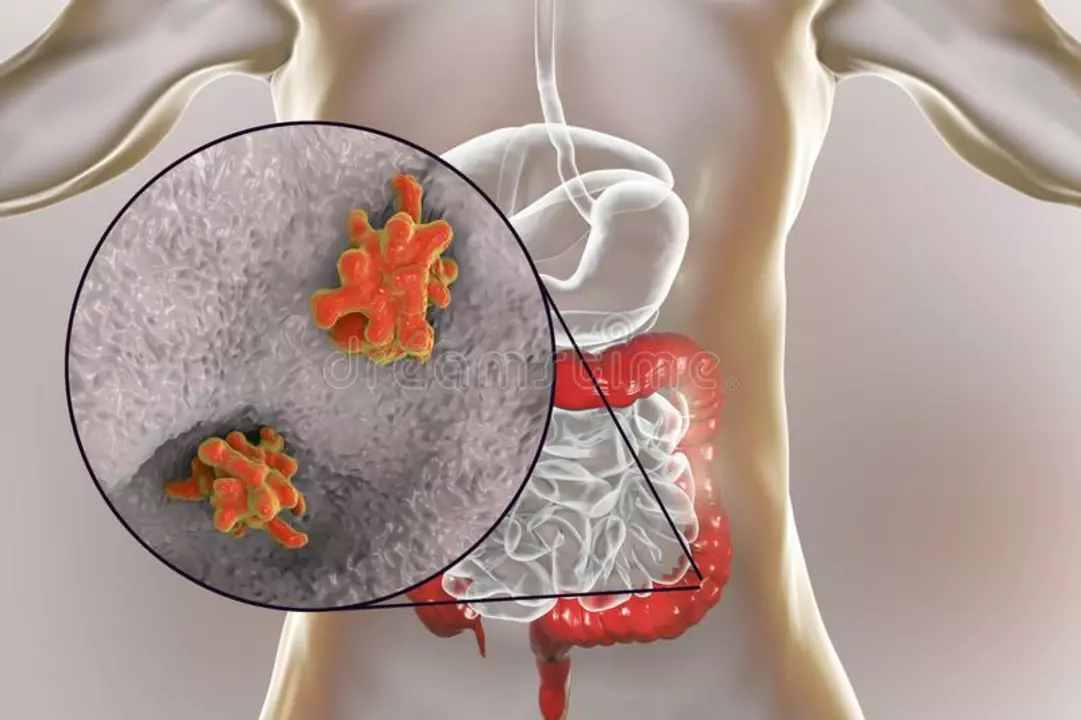Amebiasis: What It Is, How You Get It, and How to Stay Safe
Ever heard of a gut bug called amebiasis? It’s an infection caused by a tiny parasite named Entamoeba histolytica. The good news is you can spot it early and beat it with the right steps. Below we break down what to watch for, how doctors confirm it, and what works best to clear it.
Symptoms, Diagnosis & When to See a Doctor
Amebiasis often starts quietly. Some people feel fine at first, while others notice stomach cramps, watery or bloody diarrhea, and fever within a week of exposure. If you get sudden pain after eating food that might be undercooked or water from places with poor sanitation, think about amebiasis.
Key signs to keep on your radar:
- Loose stools that may contain blood or mucus
- Abdominal cramping that comes and goes
- Fever, especially if the diarrhea is severe
- Unexplained weight loss over a few weeks
If any of these show up for more than a couple of days, book an appointment. Doctors usually order stool tests to catch the parasite’s eggs or DNA. In tougher cases they might use a colonoscopy to look at the gut lining directly.
Treatment Options and Simple Prevention Tips
Once diagnosed, treatment is straightforward. The standard plan includes two drugs: a tissue‑killing medicine (like metronidazole) followed by a luminal agent (such as paromomycin) that clears any remaining parasites in the intestine. This combo cuts down recurrence rates dramatically.
While you’re on meds, drink plenty of clean water and stick to bland foods—think rice, bananas, toast—to keep your gut calm. Most people feel better within a few days, but finish the full prescription even if symptoms fade.
Preventing amebiasis is mostly about hygiene:
- Wash hands with soap after using the bathroom and before meals
- Avoid raw vegetables or fruits that you can’t peel in high‑risk areas
- Drink bottled, filtered, or boiled water when traveling to places with questionable tap water
- Cook meat thoroughly; parasites don’t survive high heat
Even if you’re not a frequent traveler, these habits protect you at home too—especially if you have kids who love playing in soil.
Bottom line: amebiasis is common but manageable. Spot the signs early, get tested, follow the two‑step drug regimen, and keep your daily hygiene on point. With those steps you’ll stay clear of this gut parasite and feel back to normal fast.
In my recent research, I discovered a hidden connection between amebiasis and mental health. Amebiasis, a parasitic infection, can potentially impact our mental well-being due to its influence on the gut-brain axis. This connection is essential as our gut plays a crucial role in regulating our emotions and cognitive functions. It's vital for us to be aware of this link and take preventive measures to maintain good gut health. By doing so, we can not only prevent amebiasis but also safeguard our mental health.

